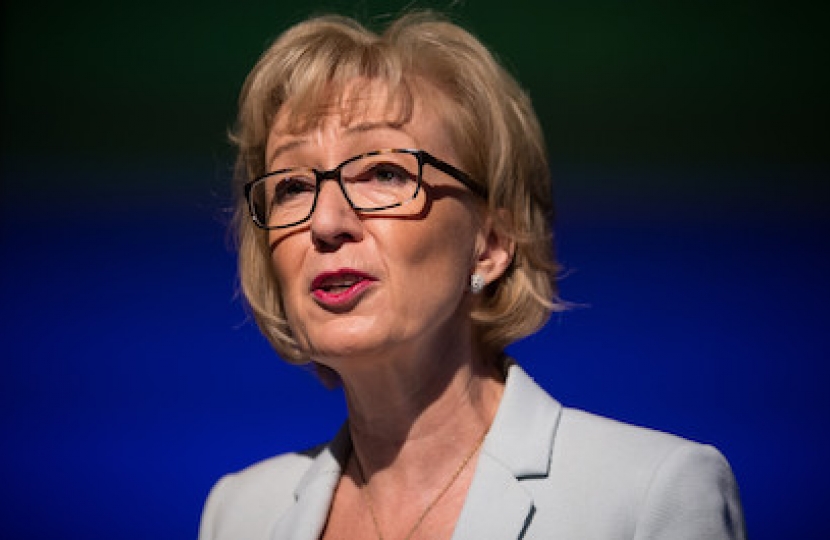
THE Government minister in charge of formulating a British Agricultural Policy after we leave the EU has given me some encouraging assurances about the future of farming.
Andrea Leadsom, the Secretary of State at the Department of the Environment, Food and Rural Affairs, recently made her debut at the Parliamentary select committee which scrutinises her department and I took the opportunity to question her about farm payments, regulations and animal welfare standards post-Brexit.
Mrs Leadsom is just 100 days into her new job and she told the committee about the work underway in her department to create a better future for British farmers and the importance she places on building Britain’s reputation as a producer of the very best food and drink.
She said she regularly reminded her Cabinet colleagues of the importance of the sector, of how it was worth £108bn to the UK economy, employing one in eight people and was bigger than the car and aerospace industries combined.
In relation to the critical issue of farm payments, the Government has given an assurance that current support arrangements will continue until 2020 and she said the Defra team has already started talking to the industry about what the farm payment system should look like after that.
It should certainly be simpler. She told me that Brexit offers the UK a golden opportunity to design an agricultural support structure that is easier to understand than the EU’s bureaucratic nightmare, provides the help farmers need to sustain their businesses and delivers on environmental and animal welfare standards.
Mrs Leadsom said she was confident that we can design a British Agricultural Policy which meets the needs of our industry rather than a system which tries to accommodate the varying requirements of farmers in 28 different nations.
She also acknowledged my assertion that a British Agricultural Policy needed to be easily deliverable so that we could avoid the troubles faced by the Rural Payments Agency in recent years in getting money to farmers on time.
I asked her to also seize the chance to tackle the burden of regulation. She explained that initially the current EU regulations would be “nationalised” - that is made British law - and then we could go through them to decide which to amend, scrap, or even tighten if that was appropriate. Again she emphasised the opportunity to mould a system that worked for British farmers.
On animal welfare, I reminded Mrs Leadsom about the frustration felt by British pig farmers who led the way in getting rid of sow stalls only to find farmers in other EU countries continuing to use the cruel, intensive production system and export their lower-cost pigmeat to the UK.
She accepted that establishing a level playing field for British farmers would be a priority in her department’s work to ensure they could both meet the needs of the British consumer and take advantage of export opportunities for UK produce around the world.
I welcomed Mrs Leadsom’s confident comments and, with my colleagues on the select committee, I will be closely following her department’s progress.
